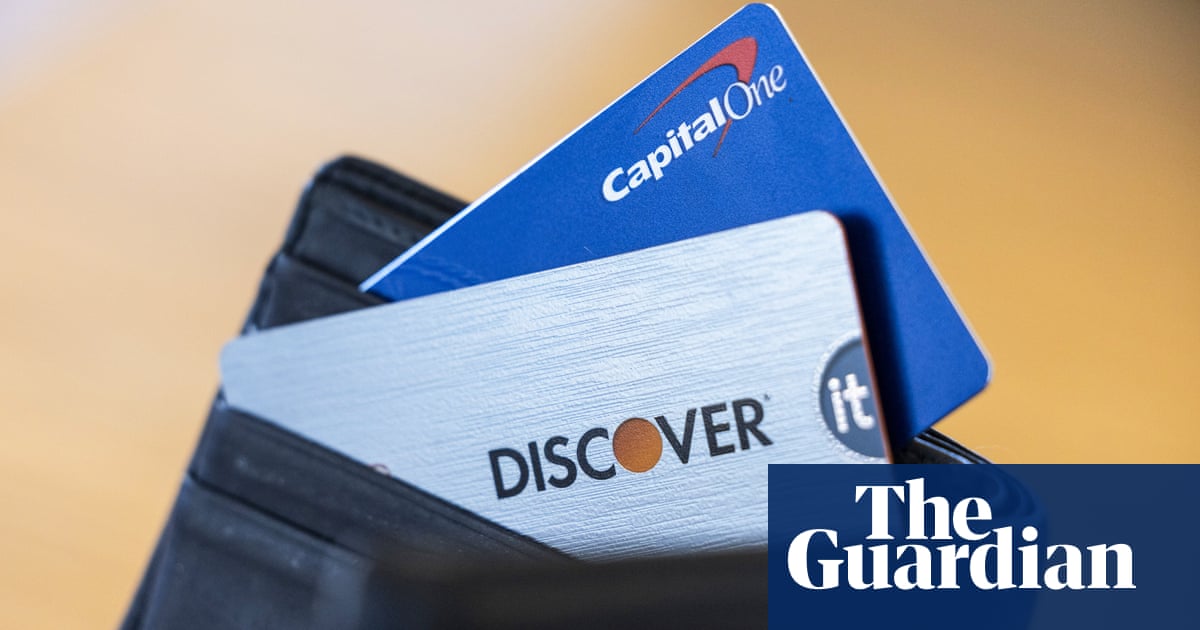The recent approval of the $35 billion merger between Capital One and Discover Financial marks a significant development in the financial sector. This merger, which has garnered regulatory approval from the Federal Reserve and the Office of the Comptroller of the Currency (OCC), is poised to reshape the competitive landscape among credit card companies in the U.S.
Regulatory Context and Implications
The news highlights the role of regulatory bodies in overseeing such large-scale mergers. The Federal Reserve's involvement, especially with its recent consent order against Discover for overcharging interchange fees, underscores the scrutiny these companies are under. The fine of $100 million and the requirement for remediation indicate that regulators are not only focused on the merger's approval but also on ensuring that past malpractices are addressed. This aspect of the article may serve to reassure the public that oversight is being exercised in a sector that often faces criticism for its practices.
Market Dynamics and Competition
Bringing together two major players in the credit card market, this merger could pose a challenge to the existing duopoly of Visa and Mastercard. The consolidation of Capital One and Discover could enhance Discover's competitive edge, allowing it to offer more robust services and potentially capture a larger market share. This shift in market dynamics could lead to increased competition and innovation, benefiting consumers in the long run.
Public Perception and Sentiment
The article aims to create a sense of optimism about the merger. By emphasizing regulatory approval and the potential for improved services, it seeks to foster a positive public perception of the merger. However, there may be underlying concerns regarding the consolidation of financial services and its implications for consumer choices and prices. The language used in the article appears to lean towards the positive aspects, possibly downplaying the risks associated with such large mergers.
Potential Consequences for Stakeholders
The merger's outcome could influence various stakeholders, including customers, employees, and investors. Customers might benefit from enhanced offerings and improved service levels due to increased competition. However, there may also be concerns about job losses or service reductions as the companies integrate. Investors in both companies may see this merger as a strategic move that could lead to greater profitability in the future.
Industry Image and Trust
The publication of this news may reflect an attempt to bolster the image of the financial industry, which often faces skepticism from the public. By focusing on regulatory approval and the potential benefits of the merger, the article may be aimed at rebuilding trust in financial institutions and demonstrating that they are operating under regulatory oversight.
Market Impact
This merger could have implications for stock prices in the financial sector, especially for Capital One and Discover Financial. Positive market sentiment surrounding the merger could lead to a rise in their stock prices, impacting investor confidence. Other financial institutions might also react to this news, adjusting their strategies in response to the increased competition.
Global Perspective
While this merger primarily concerns the U.S. market, its implications could resonate on a global scale. As financial institutions continue to consolidate, it raises questions about the future of banking and financial services worldwide. The ongoing trends in the U.S. may inspire similar movements in other markets, affecting global financial dynamics.
In summary, this article serves to highlight a significant regulatory milestone in the financial sector while promoting a positive outlook on the merger's potential benefits. However, it may also seek to mask some of the complexities and risks associated with such a large consolidation in the industry.
